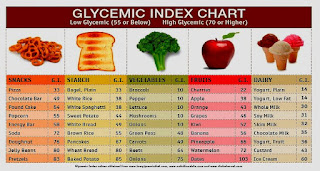The Real Deal About Artificial Flavors

Let me ask you this: Have you looked at the ingredients on a food label lately? How about a “processed” food label; like famous brands of cookies, cereals, or junky snack foods? Do you have those ingredients in your house? Do you even know what all of those ingredients are? There are a ton of artificial, chemical, "junky" ingredients in foods these days. If you see an ingredient called "artificial flavor," what exactly is it? For the most part, it’s a secret! Seriously! Big food companies don’t want their proprietary flavors to be known, so they’re allowed to say “artificial flavor” and leave the details out. That alone gets me upset. But what makes me more upset is what artificial flavors represent when they're in your food. I’m going to give you the real deal below. Why use "artificial flavors' in a product? When you make an apple muffin at home, what gives it the apple flavor? Apples of course! Like real, w...


